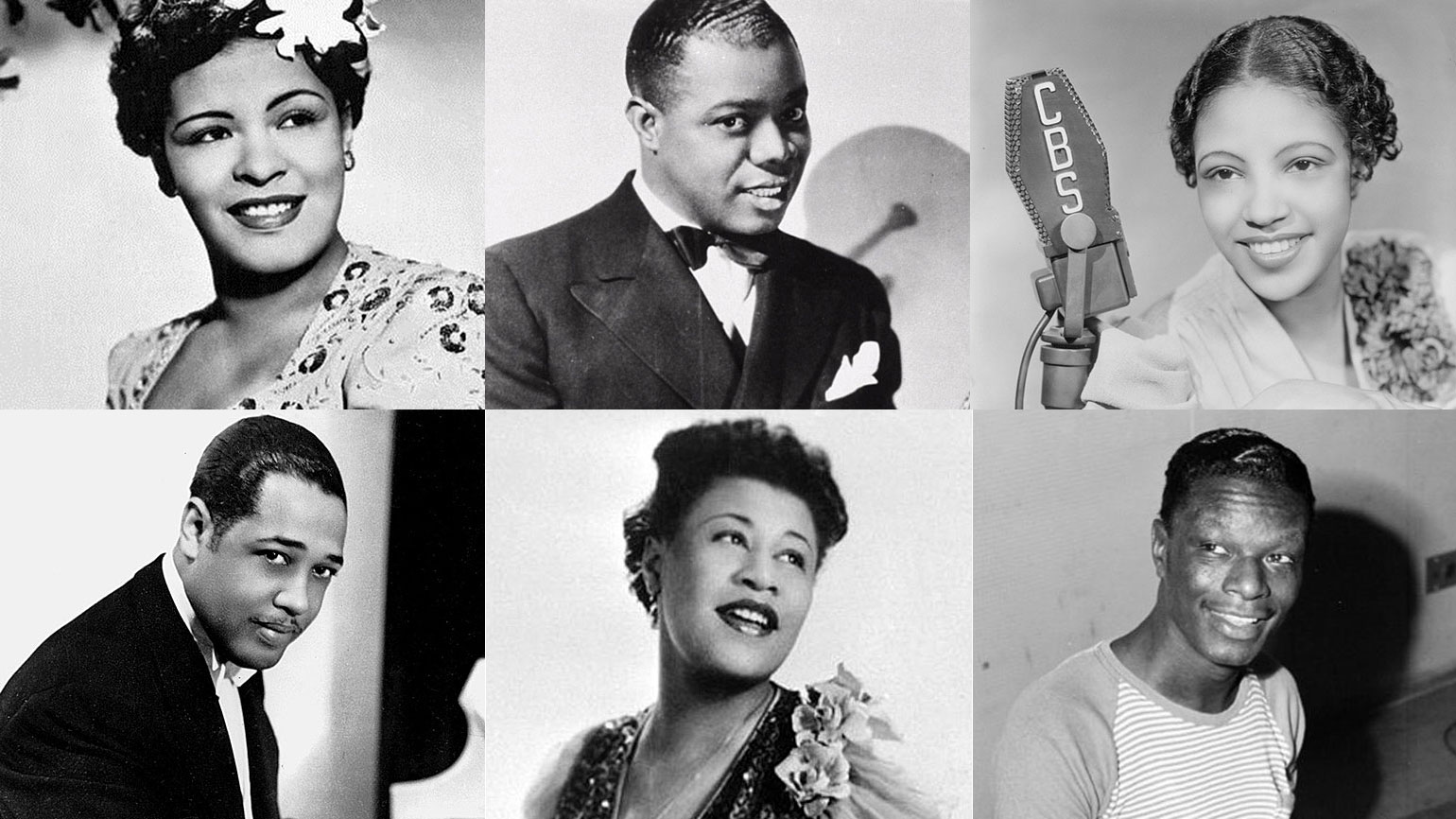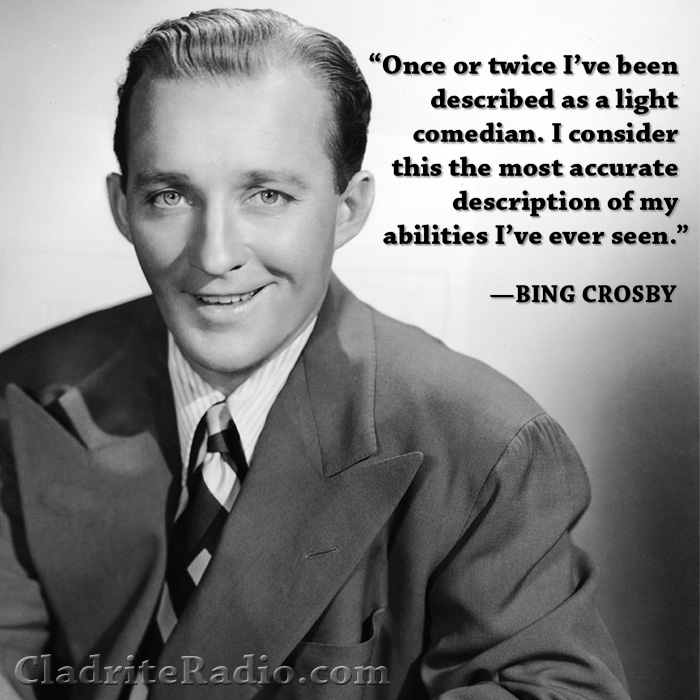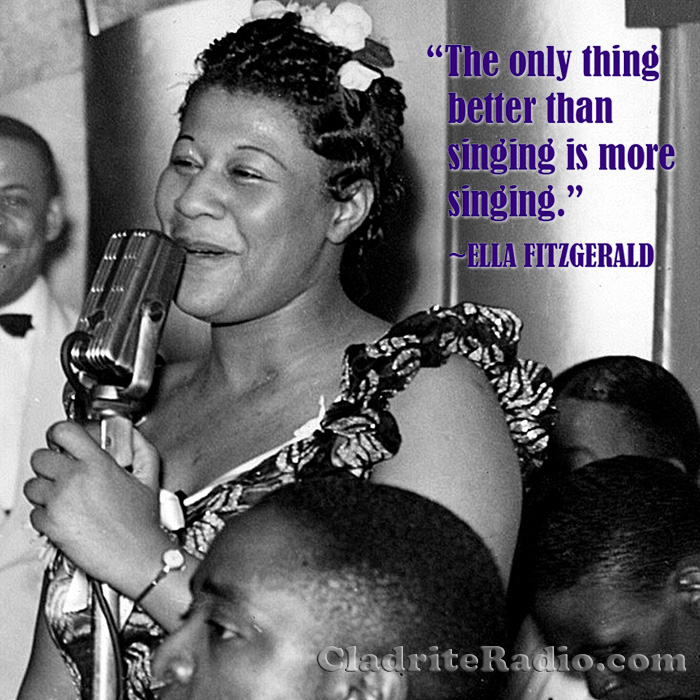Here are 10 things you should know about the wonderful Maxine Sullivan, born 110 years ago today. She’s not as well known today as some other singers of the era, but her understated, gently swinging style makes her a favorite of ours.
We’re featuring her music all day on Cladrite Radio so why not tune in now?



